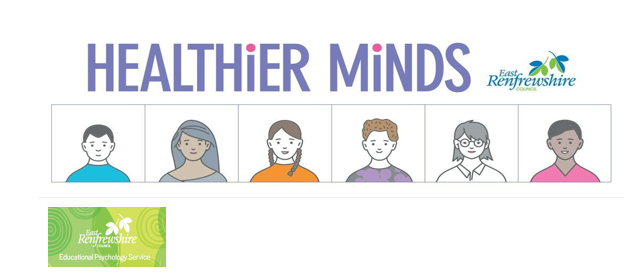Talking to your child about their mental wellbeing is important. They will benefit from listening to you and others talking to them openly about thoughts and feelings, whilst keeping it appropriate for their age and stage of development.
The language that we all use to talk about mental wellbeing is also very important. There is much more awareness and openness about mental wellbeing these days. This is a good thing. It helps us to recognise when a young person is experiencing a significant mental health problem such as depression. We can use these descriptions to find the correct supports strategies, and to ensure they do not feel stigmatised. However, as more people become familiar with medical labels like depression and anxiety disorder, they can become misused or overused, whether in the press, social media or in our everyday conversations.
For children and young people who are facing common stressors and the challenges of growing up, the use of medical labels can also be unhelpful. They can lead to feelings of ‘blame’. The child may feel like their thoughts and those of their key adults are focussed on:
What is wrong with you?
How can we fix you?
In lots of situations it is better to use everyday language to talk with your child about their feelings. They are more likely to feel that they are being supported if adults are able to listen and talk with them about their feelings. Using questions like the ones below will be helpful:
What is happening/ has happened to you for you to feel this way?
What is going on in your life just now?
How are you trying to manage things just now (what is working/not working)?
What else could you try? What do other people do to manage? What would you suggest to a friend if they were experiencing something similar?
What things are in your control and not in your control?
Are there times when things are a bit better for you, or you don’t feel like this?
Who are you close to? What relationships do you have?
What do you need from me right now? What do you think you need from other people?
Approaching mental wellbeing in this way can help keep your child hopeful and open to the idea that things can change for the better. It can also encourage them to think about what they can and cannot change, and the times when things are better. This will help your child to find their own successful coping strategies to help them to get through a difficult time.

